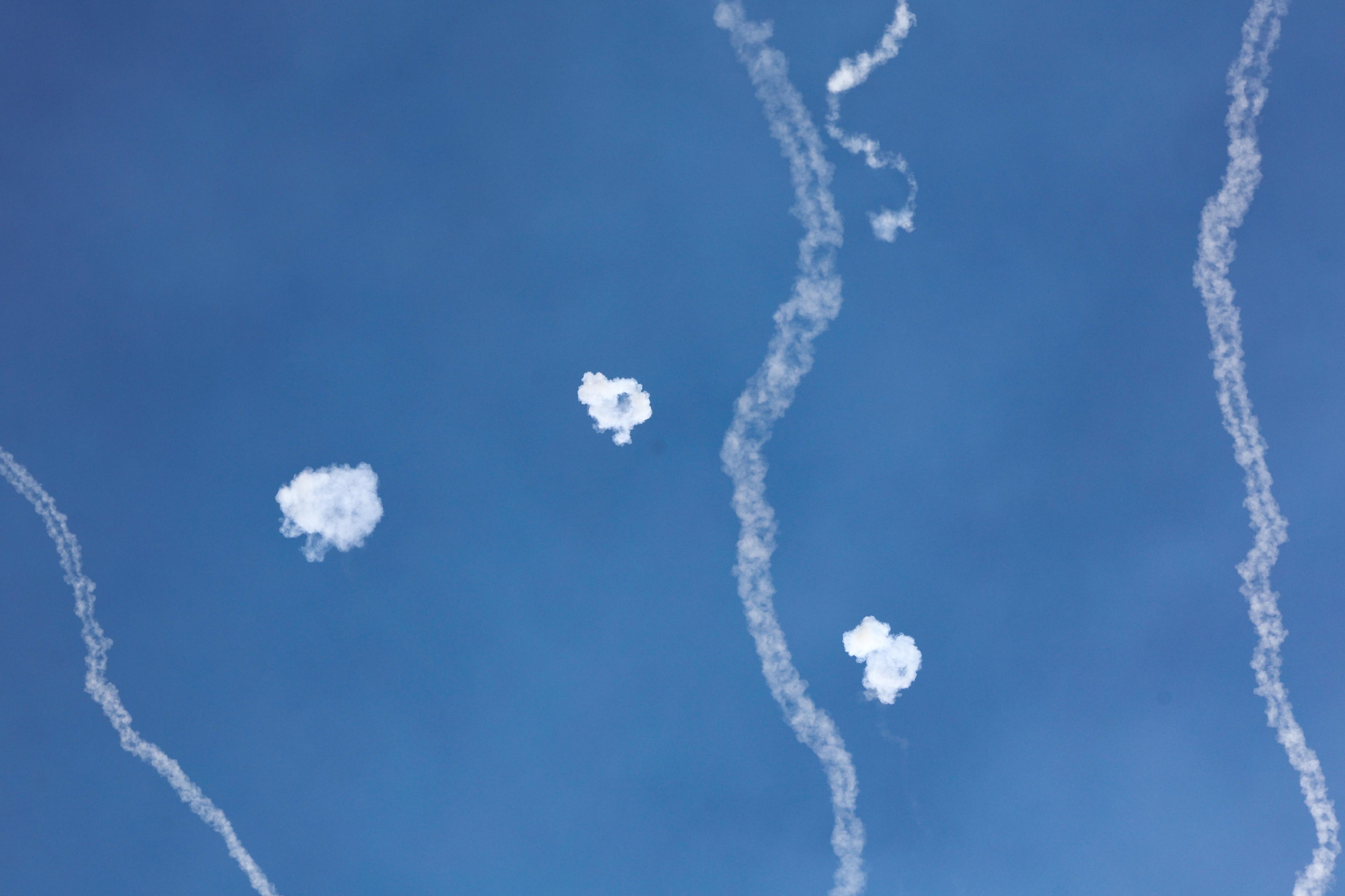Northern Israel, Evacuees
Residents of Northern Israel back war with Hezbollah despite risks
Residents have Northern Israel have finally had enough, with many believing an all-out war with Hezbollah is the only way that they will ever be bale to go back home.

As tensions escalate between Israel and Hezbollah, many Israelis evacuated from communities near the Lebanon border are expressing support for military action, even as they acknowledge the potential risks.
"I think the Israeli army until now has been too patient," says Shelly Liss Barkan, 60, a schoolteacher who remained in Shlomi despite evacuation orders. "I've lost my patience. Anyone who is a terrorist should be just murdered. It's enough. How can we live like this?"
The Israeli government, led by Prime Minister Benjamin Netanyahu, has added the safe return of northern evacuees to its war aims, alongside dismantling Hamas in Gaza and recovering hostages. Netanyahu has pledged to do "whatever is necessary" to achieve this goal.
On Monday, Israel launched a massive air campaign against Lebanon, resulting in 492 deaths and over 1,600 injuries, according to the Lebanese Health Ministry. Israel claimed to have struck 1,300 Hezbollah targets, after it had warned civilians to evacuate beforehand.
The conflict has displaced approximately 67,500 Israelis from northern communities since October, with around 11,000 choosing to stay. Many evacuees, frustrated by months of rocket exchanges and failed cease-fire talks, now support military action against Hezbollah.
Limor Zinor, 49, who returned to Shlomi with her daughter after tiring of hotel life, stated, "I hope there will be a war. So there is quiet." Her 29-year-old son, a paratrooper who served in Gaza, is expected to be deployed to the north next.
However, the situation remains complex. Dana Moran Ravid, who works at the Upper Galilee Regional Council's emergency center, emphasizes the need for lasting security. "There needs to be security all the time, not just the day they come back," she says.
As the situation evolves, many residents feel neglected by the government and insist that the current state of affairs cannot continue. Itai Abekasis, 37, who evacuated from Kiryat Shmona, summed up the sentiment of many: "There is no doubt there will be a war. I don't see another option."
The Washinton Post contributed to this article.